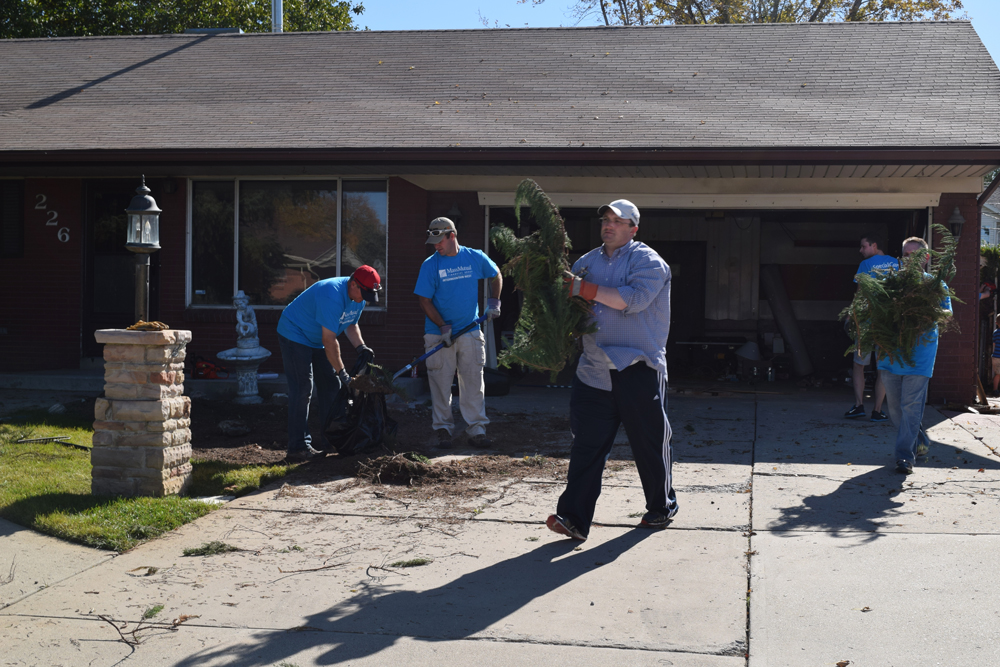I recently read a book written by Daniel Pink called Drive: The Surprising Truth About What Motivates Us. This book stands out because it took everything that I practice in relation to motivating financial planners and dumped it on its head…and I love it!
For over a decade I’ve found what Pink calls Motivation 2.0 to be a pretty effective tool for motivating others. He describes Motivation 2.0 as the “Carrot/Stick” method or the “If/Then” method. Essentially this method works when one states “if you do this, then I’ll do this.” For instance, in the financial planning industry, I might state “if you obtain your CFP designation by year end, I will give you a bonus.”
Within the industry, a great way to learn proper planning strategies is to obtain your CFP and in doing so, it is a huge accomplishment once earned. However, by creating a carrot such as a bonus to encourage the individual to obtain the CFP designation, I may very well shift the aspiring CFP’s focus from what is truly important. The carrot/stick can encourage the individual to cram as much knowledge in their brain as quickly as possible, only to regurgitate the information for test day and forget it soon afterward. Depending on the individual, they may not see any incentive to apply the new knowledge to their life in a way that could have an ongoing, lasting impact.
As Pink says, if you give someone an incentive to read three books, they’ll read three books. Carrots and sticks work. But the person will rarely read a fourth on their own, let alone develop a love of reading.
Ultimately, as a leader and mentor in the financial planning industry, I am striving to lead financial advisors down the path to become seasoned professionals that provide experienced counsel and advice to their clientele. I want them to do a lot of good in their communities. I want them to lead professional lives that influence generations to come through their relationships with colleagues and their work with clients. While a useful tool in the toolbox, the carrot/stick approach may not always be the best tool to fully develop this potential in every individual.
We’ve all seen athletes, musicians and other professionals that embody the saying “for the love of the game” when they work. A challenge as a leader and mentor, is selecting the best method for each individual, in each circumstance, that helps foster this love for their career. When successful, not only have you developed a seasoned professional but somebody that can become an industry leader.
CRN202304-279841

